1. Sonata for Cello and Piano in D Minor, Op. 40: I. Allegro non troppo
Composer: Dmitri Shostakovich
Artist(s): Viviane Spanoghe, André De Groote
2. Sonata for Cello and Piano in D Minor, Op. 40: II. Allegro
Composer: Dmitri Shostakovich
Artist(s): Viviane Spanoghe, André De Groote
3. Sonata for Cello and Piano in D Minor, Op. 40: III. Largo
Composer: Dmitri Shostakovich
Artist(s): Viviane Spanoghe, André De Groote
4. Sonata for Cello and Piano in D Minor, Op. 40: IV. Allegro
Composer: Dmitri Shostakovich
Artist(s): Viviane Spanoghe, André De Groote
5. Sonata for Cello and Piano, Op. 147: I. Moderato
Composer: Dmitri Shostakovich
Artist(s): Viviane Spanoghe, André De Groote
6. Sonata for Cello and Piano, Op. 147: II. Allegretto
Composer: Dmitri Shostakovich
Artist(s): Viviane Spanoghe, André De Groote
7. Sonata for Cello and Piano, Op. 147: III. Adagio
Composer: Dmitri Shostakovich
Artist(s): Viviane Spanoghe, André De Groote
1. Concerto for Cello and Orchestra No. 1, Op. 107: I. Allegretto
Composer: Dmitri Shostakovich
Artist(s): Viviane Spanoghe, Sofia Soloists Symphony Orchestra conducted by Emil Tabakov
2. Concerto for Cello and Orchestra No. 1, Op. 107: II. Moderato
Composer: Dmitri Shostakovich
Artist(s): Viviane Spanoghe, Sofia Soloists Symphony Orchestra conducted by Emil Tabakov
3. Concerto for Cello and Orchestra No. 1, Op. 107: III. Cadenza
Composer: Dmitri Shostakovich
Artist(s): Viviane Spanoghe, Sofia Soloists Symphony Orchestra conducted by Emil Tabakov
4. Concerto for Cello and Orchestra No. 1, Op. 107: IV. Allegro con moto
Composer: Dmitri Shostakovich
Artist(s): Viviane Spanoghe, Sofia Soloists Symphony Orchestra conducted by Emil Tabakov
5. Concerto for Cello and Orchestra No. 2, Op. 126: I. Largo
Composer: Dmitri Shostakovich
Artist(s): Viviane Spanoghe, Sofia Soloists Symphony Orchestra conducted by Emil Tabakov
6. Concerto for Cello and Orchestra No. 2, Op. 126: II. Allegretto
Composer: Dmitri Shostakovich
Artist(s): Viviane Spanoghe, Sofia Soloists Symphony Orchestra conducted by Emil Tabakov
7. Concerto for Cello and Orchestra No. 2, Op. 126: III. Allegretto
Composer: Dmitri Shostakovich
Artist(s): Viviane Spanoghe, Sofia Soloists Symphony Orchestra conducted by Emil Tabakov

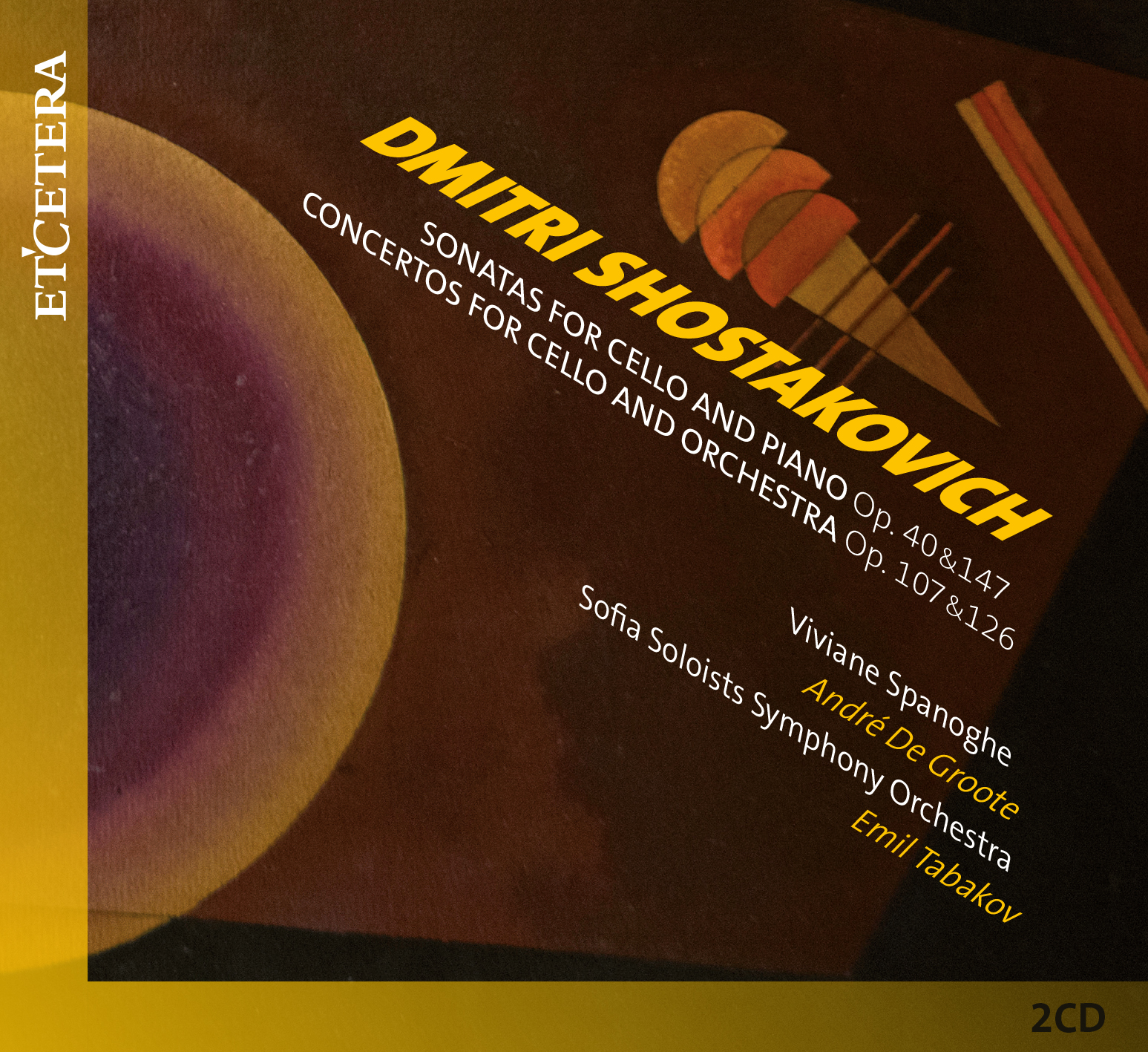
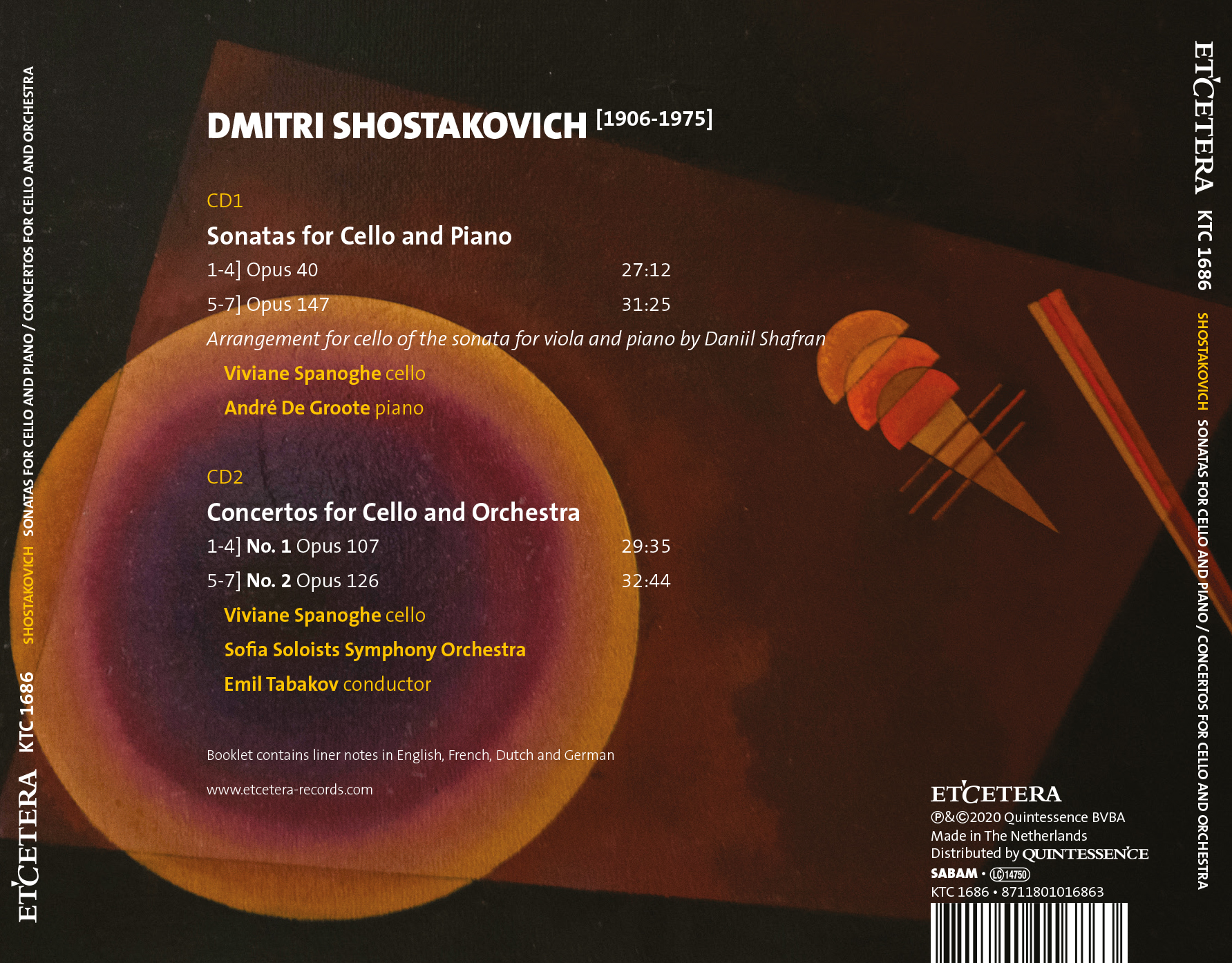

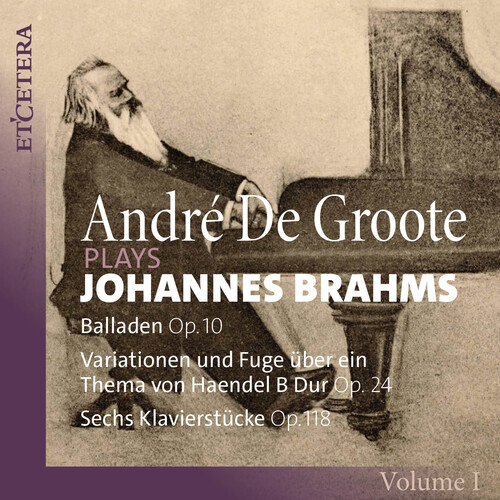
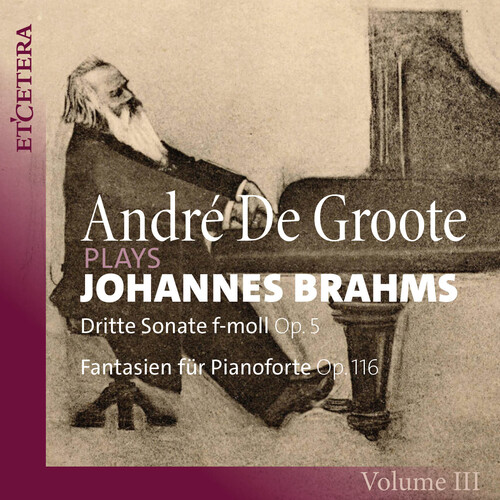

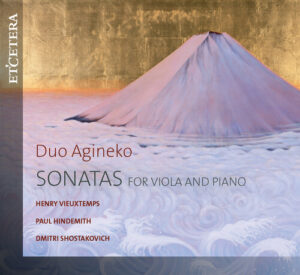
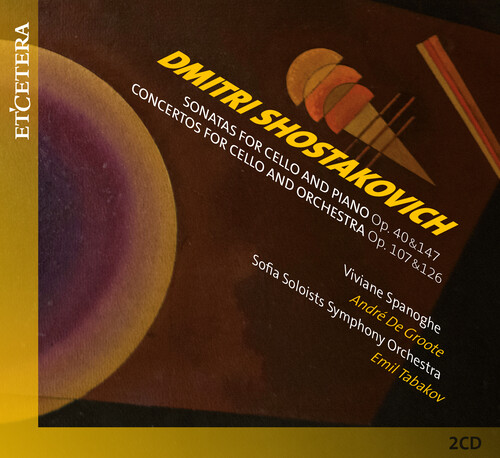
Reviews
There are no reviews yet.